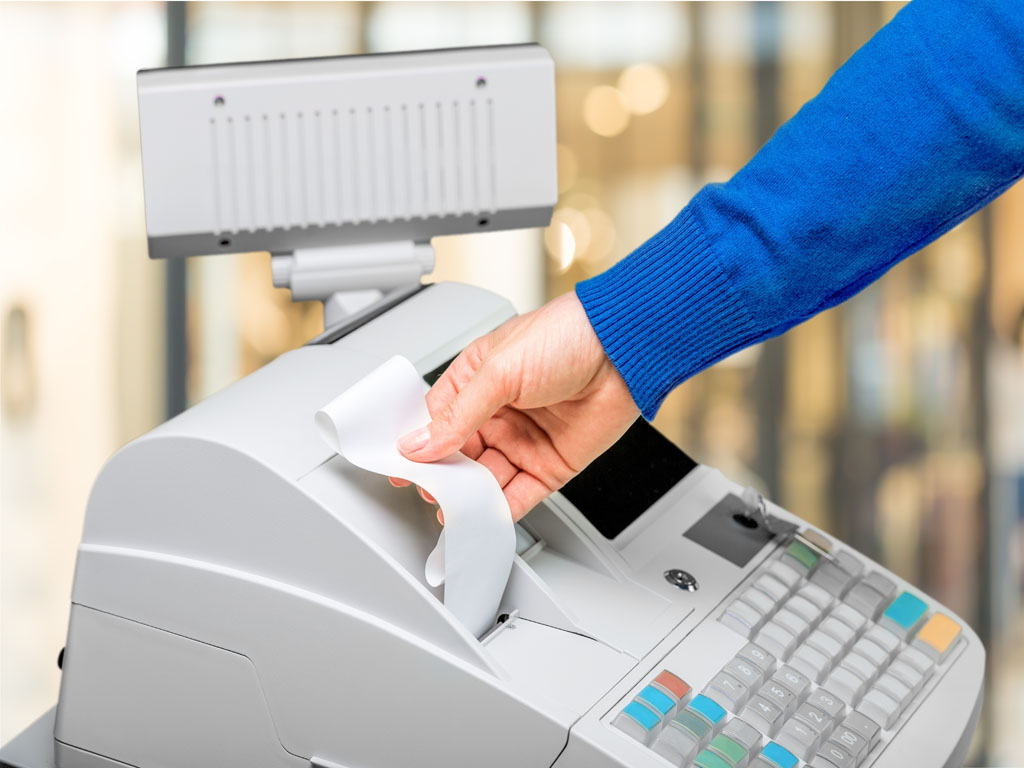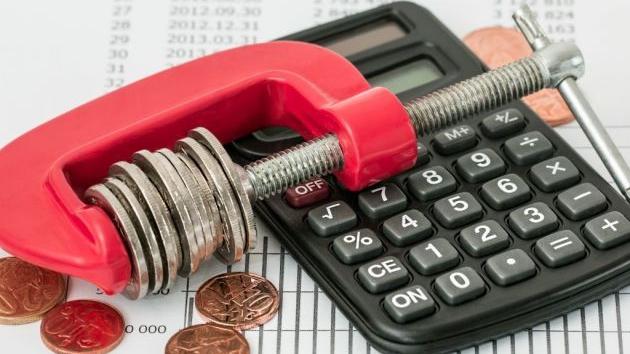What’s disputable in the new fiscalization model, and what are the benefits?
 Sunday, 26.09.2021.
Sunday, 26.09.2021.
 13:12
13:12

– The proclaimed goal of the state to address the problem of the illegal transactions is one of the most important reasons for the implementation of a new system of fiscalization. In the current system, the state has certain data as well, but the general impression is that it has not used them sufficiently. The controls, in addition to those justified ones, which pertain to whether someone is issuing fiscal slips or not, amount to penalizing the subjects for entirely unimportant and more formal errors, such as, for example, the date of the regular servicing of the cash register, the forming of daily reports after the expiration of the deadline and similar problems, which has made the subject suspect, with reason, that the penalties are their own purpose – Vasic believes.
According to him, in the new fiscalization system, the Tax Administration will have a considerably greater volume of data and be able to better estimate the risks, to more frequently carry out the so-called indirect control (without being on-site) and to much more frequently do direct control, that is, to control only those taxpayers that are suspected of having non-registered transactions based on the data.
– The benefits that the taxpayers will have are numerous. They primarily pertain to considerable simplifications and savings. The process of fiscalization and mandatory regular servicing of the devices, the printing of daily reports, control tapes and their storage are becoming history, and additional registers which are run today will be eliminated as well – our interviewee explains.
The biggest flaw, according to him, are additional costs.
– The good news is that the state will subsidize the procurement of fiscal devices, so the subjects will have more modern equipment, without having to handle the costs themselves. At the moment, few producers have given offers, but I expect that the majority of the costs will be covered through state subsidies – Vasic says.
The new model of fiscalization also expands the pool of the subjects.
– This is a flaw for those who have been exempt so far, though the question is whether it is necessary even now, but they will also be provided with subsidies for the procurement of the devices. Online traders, transporters, sellers at counters or through vending machines, organizers of sports, entertainment and recreation events will now also have the obligation of having a fiscal device – he adds.
Taxi drivers, lawyers and medical doctors are still exempt from the fiscalization obligation.
– This has caused a lot of heated discussion, but the state obviously has no strength to impose this obligation on those groups, which would be more than justified – Vasic says.
I. Milovanovic
Naš izbor
Most Important News
06.04.2024. | Agriculture
Preconditions for Placement of Fresh Blueberries and Dried Plums in Chinese Market Secured

16.04.2024. | News
Jovan Ciric, Leasing Director Retail MPC Properties – MPC Echo symbolizes our desire for good ideas and innovative endeavors to spread freely and bring about positive changes

16.04.2024. | News
10.04.2024. | Finance, IT, Telecommunications, Tourism, Sports, Culture
Creative Industry – What This Serbian Economy Sector Worth EUR 2 Billion Encompasses

10.04.2024. | Finance, IT, Telecommunications, Tourism, Sports, Culture
18.04.2024. | Industry, Finance
Here come the new hunters for Serbian gold – Australian Strickland Metals buys mining project on mountain Rogozna

18.04.2024. | Industry, Finance
16.04.2024. | News
Economy Fair in Mostar opens – 26 companies from Serbia exhibiting

16.04.2024. | News
18.04.2024. | Transport
Jovanovic: Purchase of Siemens trams produced in Kragujevac for GSP Beograd should be considered

18.04.2024. | Transport


 Izdanje Srbija
Izdanje Srbija Serbische Ausgabe
Serbische Ausgabe Izdanje BiH
Izdanje BiH Izdanje Crna Gora
Izdanje Crna Gora


 News
News










